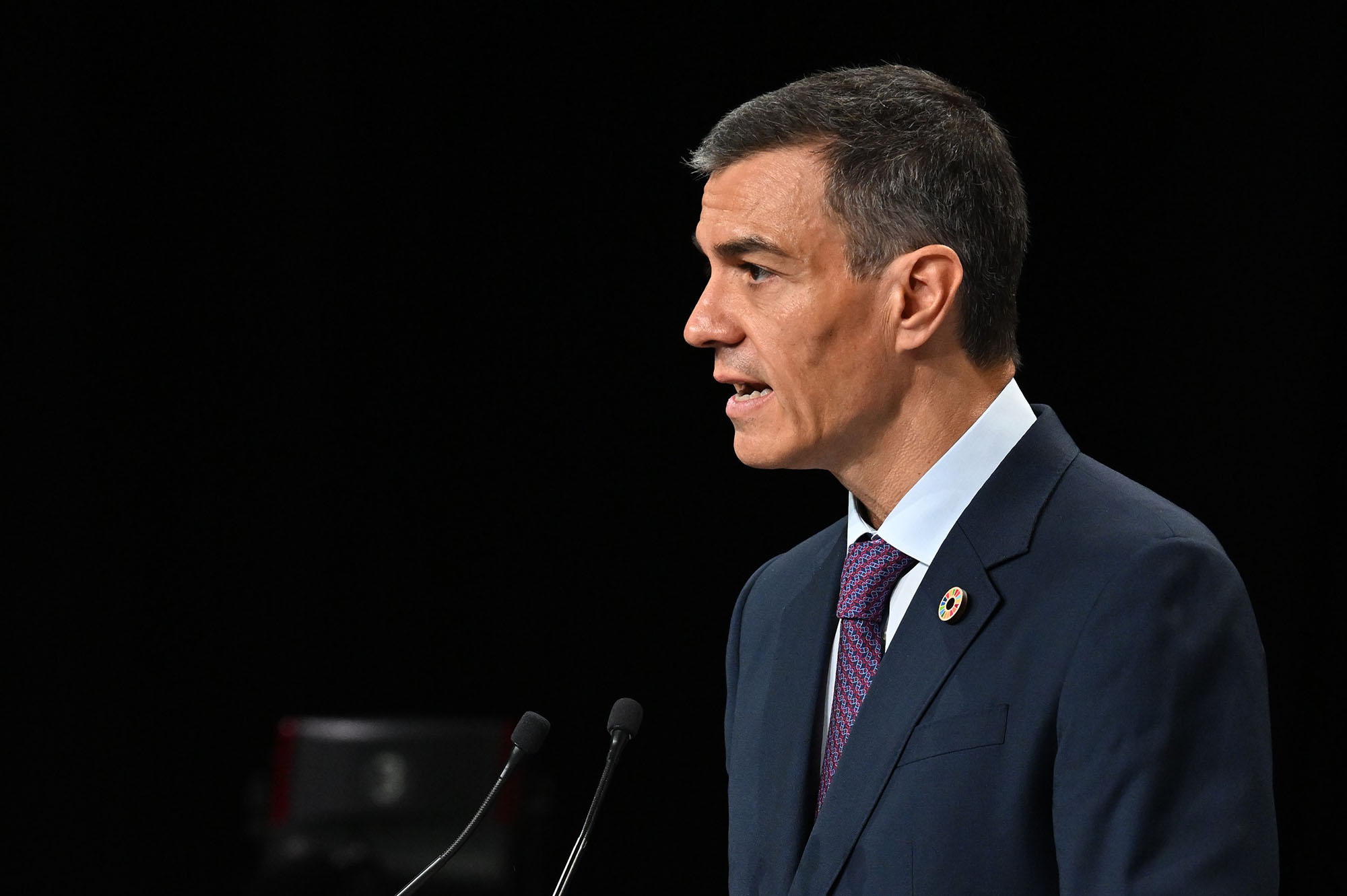The Spanish political landscape is buzzing: Pedro Sánchez today presented a comprehensive state plan to combat corruption in the Congress of Deputies. This plan, developed in collaboration with the OECD, parliamentary groups, and civil experts, includes 15 groundbreaking measures divided into five approaches, aiming to strengthen integrity in the public sector and restore public trust. The proposals from GRECO (Group of States against Corruption of the Council of Europe) and the European Commission have also been incorporated into this ambitious plan.
The Core of the Reform: “Blacklists” for Corrupt Companies
One of the most notable innovations is the introduction of a “blacklist” system. This register will include companies involved in corruption cases, effectively excluding them from future public contracts. Such a system has already proven successful in numerous EU countries, as well as in Brazil, Mexico, and the USA.
Five Pillars of Integrity: Sánchez’s Master Plan in Detail
The anti-corruption plan is structured into five strategic approaches, covering every aspect of combating corruption.
1. Risk Prevention and Enhanced Controls: Looking Ahead
To nip corruption in the bud, the plan focuses on preventive measures and strengthening control mechanisms:
- Independent Public Integrity Authority: This new authority will play a key role in preventing, monitoring, and prosecuting corrupt practices.
- Next Generation Funds: A review of the allocation methodology aims to ensure transparency and efficiency in the distribution of these crucial EU funds.
- Artificial Intelligence in Procurement: The use of AI in the public sector procurement platform will automate and optimize the identification of anomalous patterns, combating fraud from the outset.
- Anti-Corruption Compliance for Companies: Companies seeking contracts with the administration will be required to demonstrate strict compliance systems.
- New Open Administration Law: This law aims to strengthen the duty of active transparency through an early warning mechanism and random asset controls updated immediately on the Transparency Portal.
- Increased Controls on Political Parties: All political groups and foundations receiving public funds exceeding 50,000 euros, as well as private donations, will be subject to strict transparency measures.
2. Protection of Corruption Whistleblowers: Courage Rewarded
To encourage the exposure of corruption, whistleblower protection will be significantly strengthened:
- Full Guarantees through the Criminal Procedure Code: Anyone who directly reports acts of corruption to the public prosecutor’s office, police, or a judge will have full guarantees.
- Internal Reporting Channels in Companies: Companies will be required to have internal reporting channels.
3. Strengthening the State’s Capacity to Investigate and Punish
The prosecution and punishment of corruption will be intensified:
- Specialized Departments for Offenses against Public Administration: New courts of first instance will feature specialized judges and departments.
- Strengthening the Anti-Corruption Prosecutor’s Office: Increased resources and a structural reform of the criminal investigation model are planned.
- Harsher Penalties and Fines: The Criminal Code will be amended to include tougher penalties for offenses against public administration and increased fines for corrupt companies.
- Exclusion System and Blacklists: Convicted companies will be excluded from public contracts.
- Penalties for Accounting Violations within Political Parties: Parties that retain individuals convicted of corruption on their lists will face the withdrawal of public subsidies.
4. Recovery of Illicit Gains from Corruption: Following the Money
The recovery of unlawfully acquired assets will be accelerated:
- Increased Resources and Personnel for the Office of Asset Recovery and Management: This office will receive more staff and funding.
- New Form of Administrative or Preventive Confiscation: This allows for the seizure of assets related to criminal activities without requiring a prior criminal conviction.
5. Fostering a Culture of Integrity: Raising Awareness
In the long term, a culture of integrity is to be established:
- Annual Surveys on the Perception of Corruption: These surveys will serve as the basis for public awareness campaigns.
- Enhanced Training for Public Officials: Public servants will receive intensified training in integrity and prevention.
With this comprehensive package, Pedro Sánchez sends a clear signal against corruption and for greater transparency and integrity in Spain. It remains to be seen how quickly and effectively these measures will be implemented and what impact they will have on the country’s political and economic fabric.




